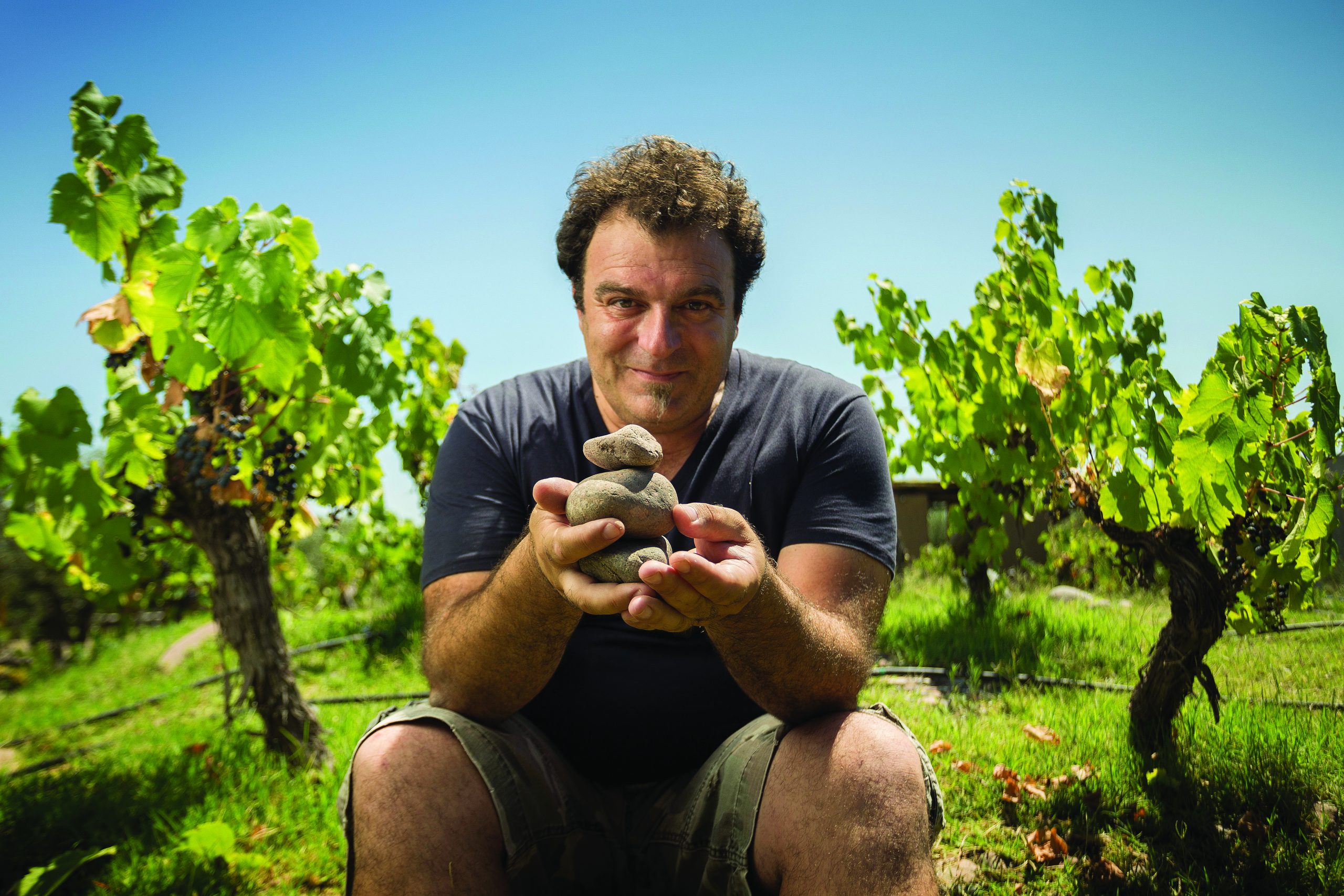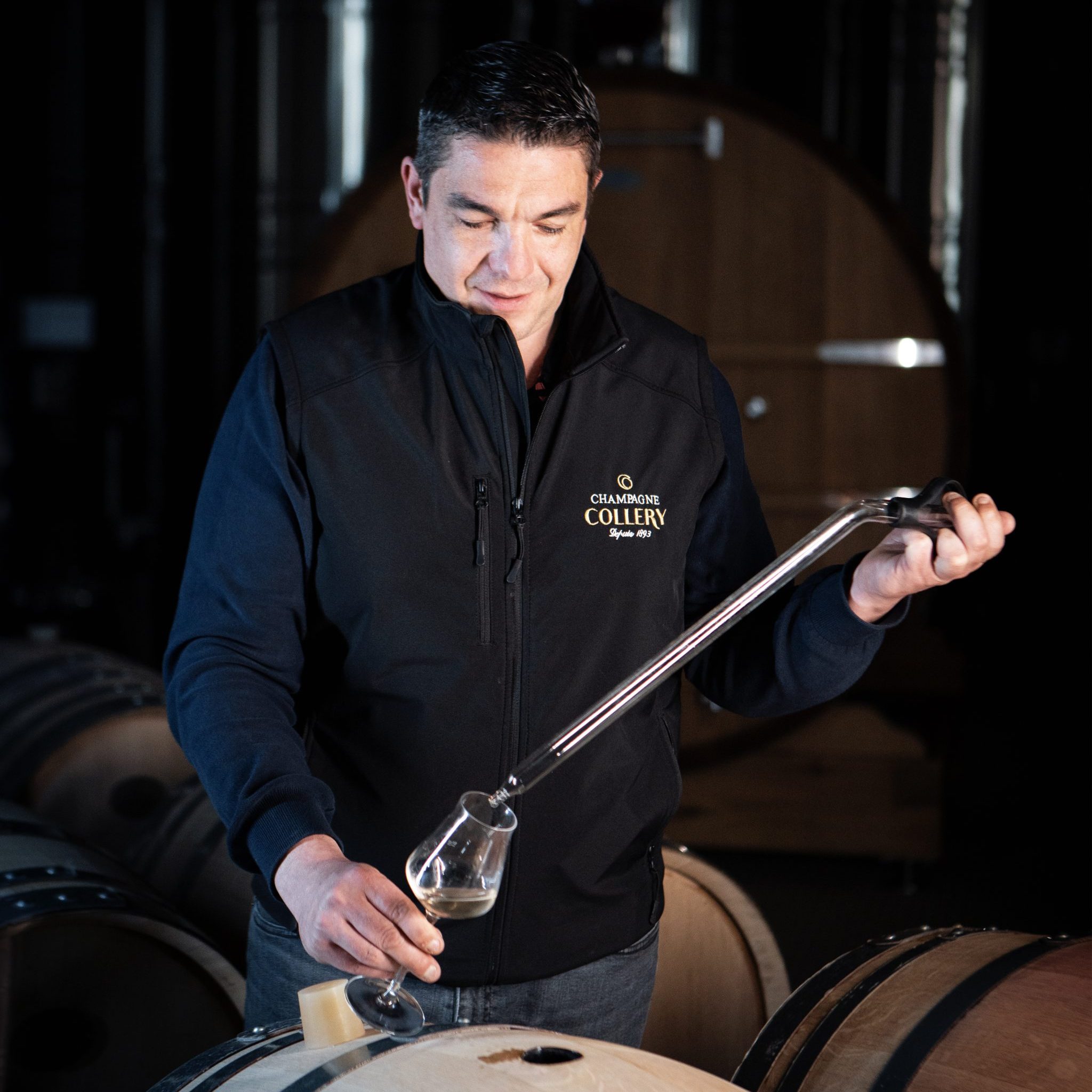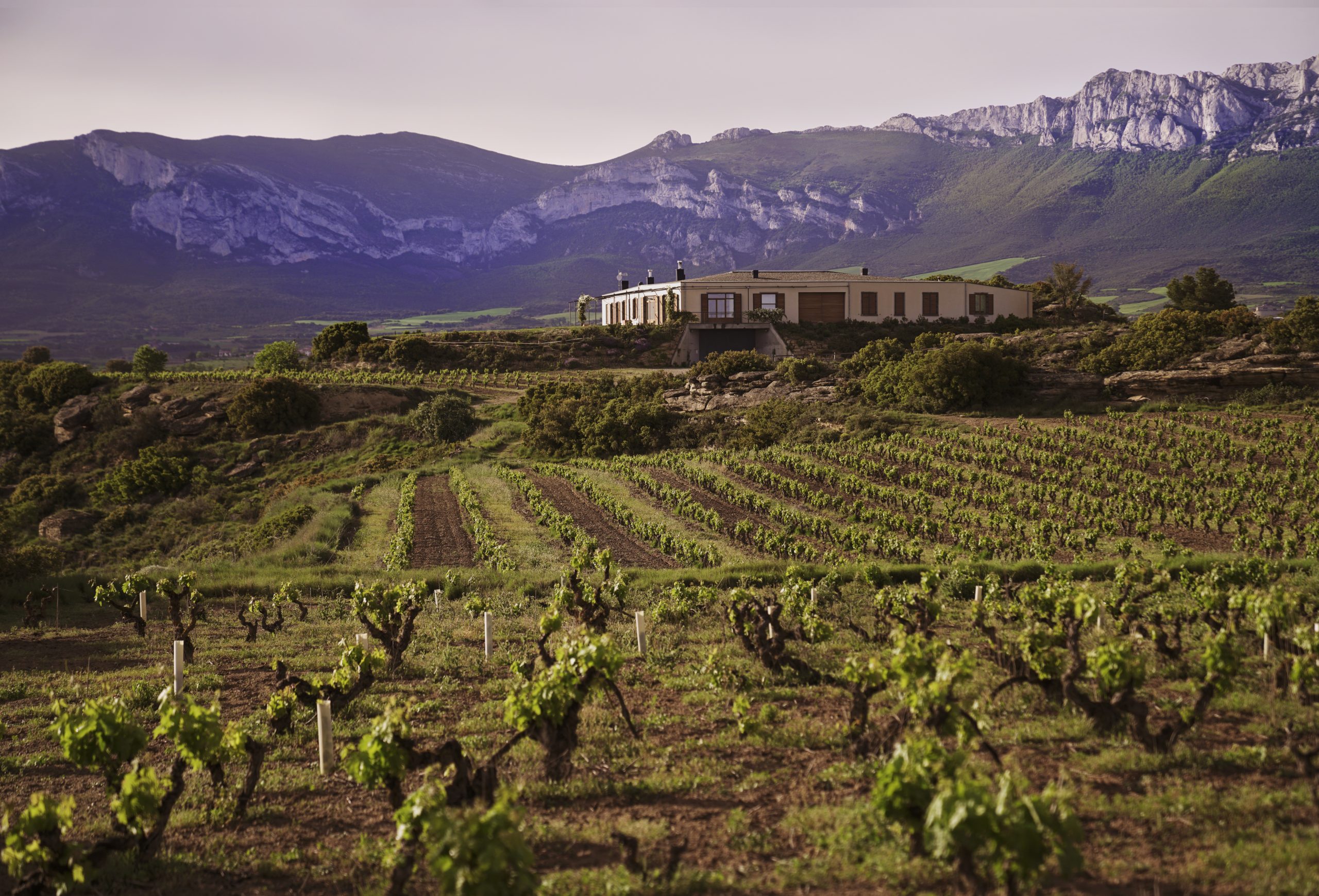This website uses cookies so that we can provide you with the best user experience possible. Cookie information is stored in your browser and performs functions such as recognising you when you return to our website and helping our team to understand which sections of the website you find most interesting and useful.
Retail results roundup: So who won Christmas?
By Arabella MilehamThe UK’s retailers have reported soaring growth over Christmas with Tesco, M&S, Sainsbury’s and the discounters all reporting strong results – albeit in part fuelled by inflation, with Tesco warning that inflation wouldn’t peak until the middle of the year.

This morning Tesco reported that like-for-like sales in the six weeks to January 7 saw growth of 7.8%, on the back of strong sales at Booker (11.7%) and in the UK (7.2%), on top of 5.3% growth in the third quarter in the UK and ROI. There was strong growth across its large stores and convenience formats, and online sales also returned to growth. Ecommerce is now +59% higher than before the pandemic, with participation stabilising at around 13%, the retailer said.
Tesco chief executive Ken Murphy said he was pleased with performance over the third quarter, particularly the strong growth at Christmas which came “on top of the exceptional growth of the last few years”, although in an investor call? He admitted that the overall volume of goods sold was marginally lower than the same period last year – meaning that growth had come in part due to inflation.
However he noted that although the UK consumer had “proved quite resilient”, customers may now “tighten their belts” following the festive period with costs still rising. However Tesco expects inflation to start to fall in the second half of this year.
“We’ve delivered a strong market share performance in the UK and ROI, Booker has continued to grow strongly despite a particularly tough catering backdrop,” he said. “We go into the new calendar year with good momentum, and I am confident we can continue to maintain our competitiveness and deliver a strong performance relative to the market despite the challenging conditions ahead.”
M&S also announced its results today, which saw like-for-like Christmas food sales up 6.3% and the retailer achieving its highest ever market share for food groceries.
Sainsbury’s
It follows yesterday’s publishing of Sainsbury’s results, which saw like-for-like sales (excluding fuel) up 5.9%. Chief executive officer Simon Roberts pointed out that there had been strong momentum over the year, with the retailer delivering “value and innovation” and seeing its own brand sales growing at over 10% during the peak trading period.
Partner Content
As was to be expected, growth was stronger over the Christmas period than the Q3, with customers trading up for Christmas, giving sales up around 7% in the six-week festive, and 10% in the four weeks running in to Christmas. As well as growth in premium own label (Taste the Difference was a key drive, up 10% in the period into Christmas, and sales over Christmas were 27% higher than pre-pandemic levels) there was also growth in budget own label lines as well.
However, commentating on the results, Charlie Huggins, Head of Equities at Wealth Club, noted that “the squeezed middle is never a particularly pleasant place to be” in an inflationary environment. “Sainsbury’s lacks the scale and financial muscle of its larger rival, Tesco. And it simply can’t compete with the prices of Aldi and Lidl,” he said.
Discounters
Meanwhile, Lidl reported that that Negroni Sbagliato trend, which went viral online towards the end of the year helped to boost sales of sparkling wine, with almost 7 million glasses of prosecco sold. Other Christmas classics remained popular with 1.7m glasses of Lidl mulled wine served, it said. Posting its results earlier this week, the discounter said it had attracted more than 1.3m more customers in the run up to Christmas, claiming that households switching away from the more expensive traditional supermarkets. “Shoppers switched £62.8m spend to Lidl GB”, it said in the four weeks to the 25th of December – almost three times the amount from 2021, boosting sales by 24.5% year-on-year.
“We only see this momentum continuing in 2023,” Lidl GB’s CEO Ryan McDonnell said, pointing to the planned strengthening of Lidl’s infrastructure across the country over the next year. “As we continue with the expansion of our distribution centres in Belvedere and Bridgend, we’re set to open our biggest ever warehouse in Luton later this year. This doubles down on our efforts of giving more communities access to our unrivalled quality-value combination, something that’s particularly important as families continue to tighten their belts in the current climate.”
Meanwhile, rival discounter Aldi told the drinks business that December had been Aldi’s best ever month for wine sales. Earlier this week the retailer reported that sales during December topped £1.4 billion for the first time, up more than 26% during December.
Related news
Where to find the cheapest pint of Guinness on St Patrick’s Day
WSET joins forces with Equal Measures to boost diversity in spirits industry
Trivento's new campaign to target premium wine shoppers in the run-up to Easter





